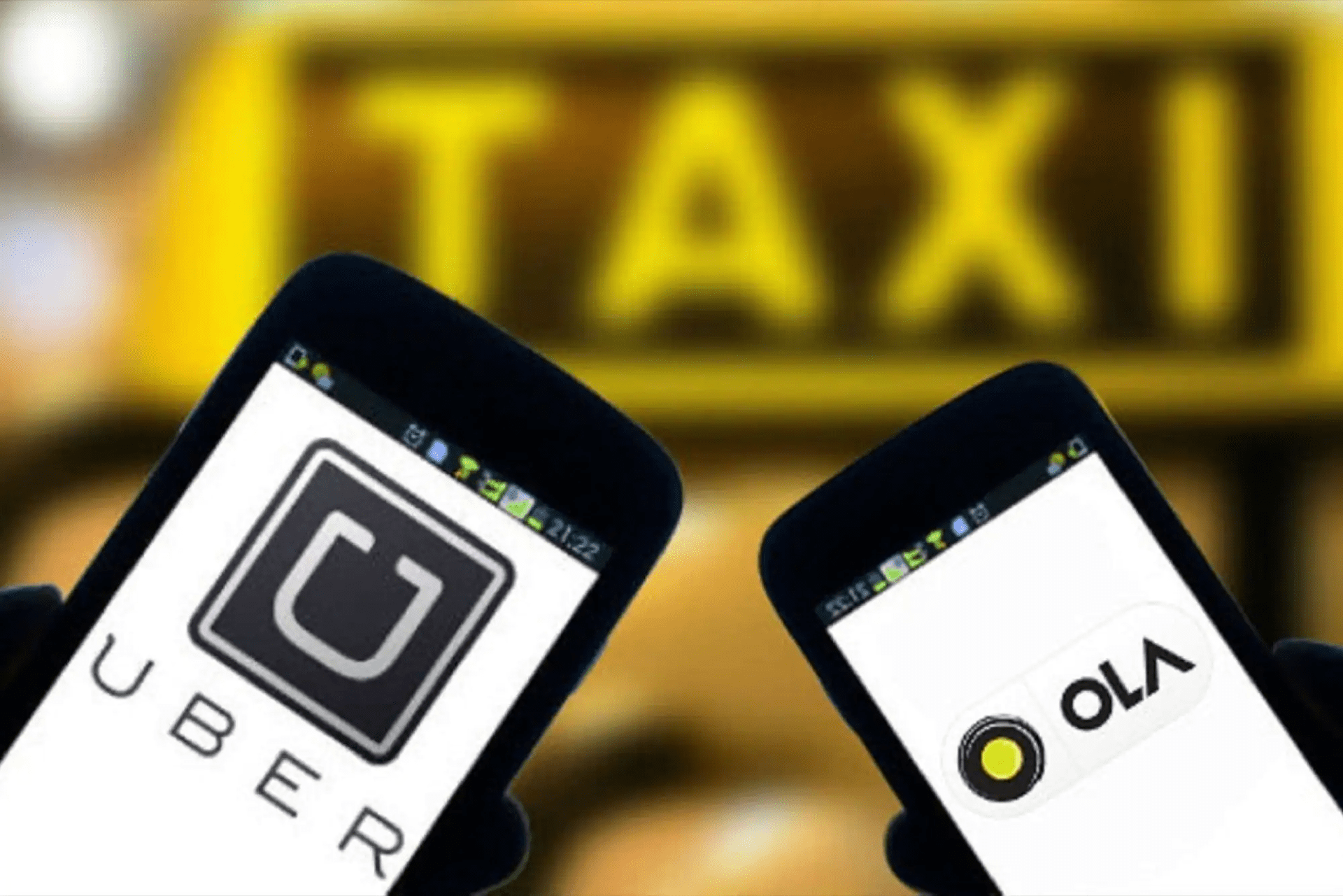After a Supreme Court order that stated all ride-hailing platforms must obtain a license from the state transport authority to operate, both Ola and Uber have applied for aggregator licenses in Maharashtra.
The two ride-hailing giants have submitted their applications for aggregator licenses, which will allow them to operate their services legally in the state. The licenses are mandatory for ride-hailing services to operate under the Motor Vehicles Act, and the recent Supreme Court order has prompted companies to apply for them to avoid any legal issues.
According to reports, Ola and Uber have also submitted all the necessary documents required by the Maharashtra State Transport Authority (STA) for obtaining the aggregator licenses. The STA is now reviewing the applications and will soon decide on whether or not to grant the licenses.
The move by Ola and Uber to apply for aggregator licenses comes as a relief to their customers in Maharashtra, who have been facing difficulties in accessing the services due to the lack of proper licensing. It is also a significant step towards ensuring better regulation of the ride-hailing industry and improving safety for passengers.
While Ola and Uber have applied for aggregator licenses in Maharashtra, they still need to obtain licenses in other states where they operate. It is expected that other ride-hailing companies will follow suit and apply for licenses in the states where they operate.
The requirement for ride-hailing companies to obtain aggregator licenses has been a topic of debate for several years, with many arguing that the licenses will help regulate the industry and improve safety for passengers. The recent Supreme Court order has finally brought some clarity to the matter, and ride-hailing companies are now taking steps to comply with the regulations.
However, there are concerns that the licensing requirements could lead to increased costs for ride-hailing companies, which could ultimately be passed on to consumers. There are also fears that the licensing requirements could lead to a reduction in the number of ride-hailing services available, which could impact the convenience and accessibility of the services.
Overall, the move by Ola and Uber to apply for aggregator licenses in Maharashtra is a positive step towards better regulation of the ride-hailing industry. It remains to be seen how the licensing requirements will impact the industry as a whole, but it is clear that the ride-hailing companies are taking the necessary steps to comply with the regulations and ensure the safety and convenience of their customers.


